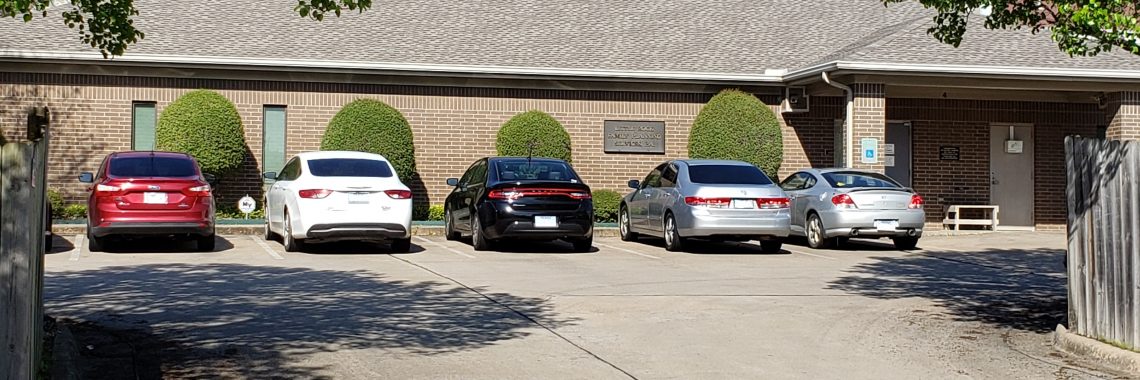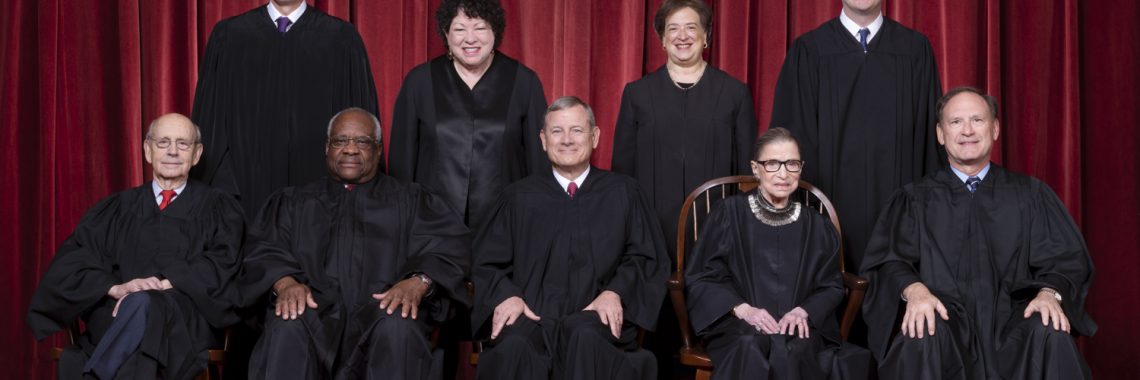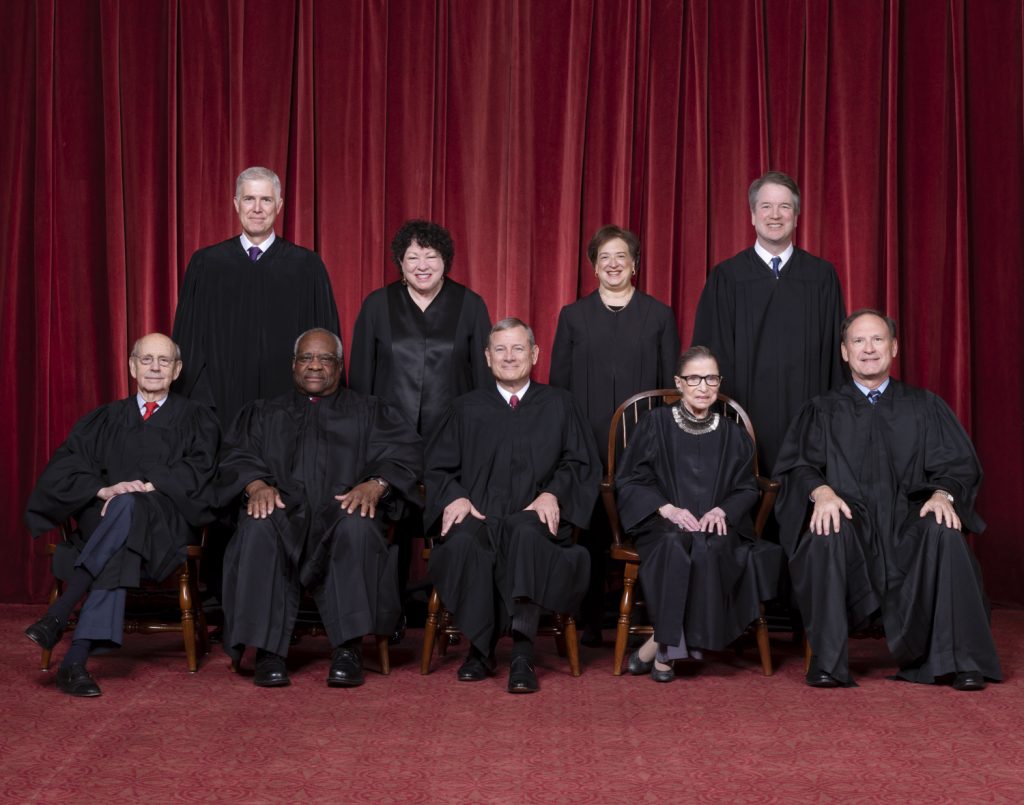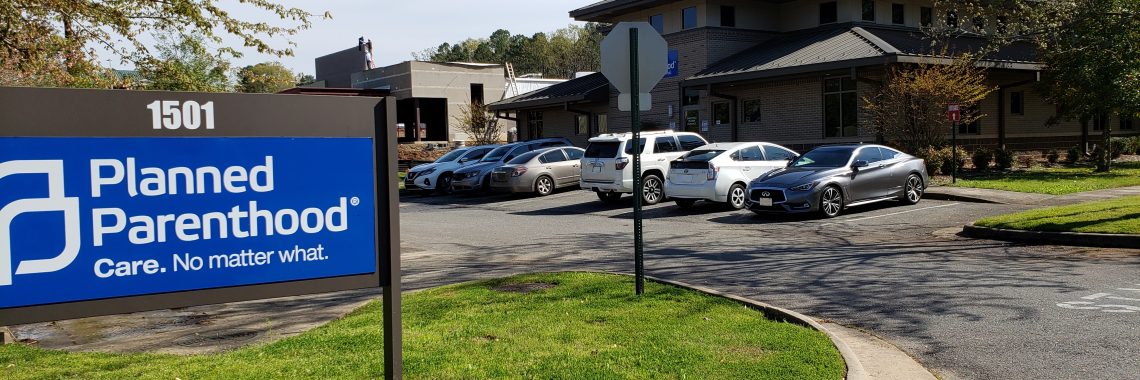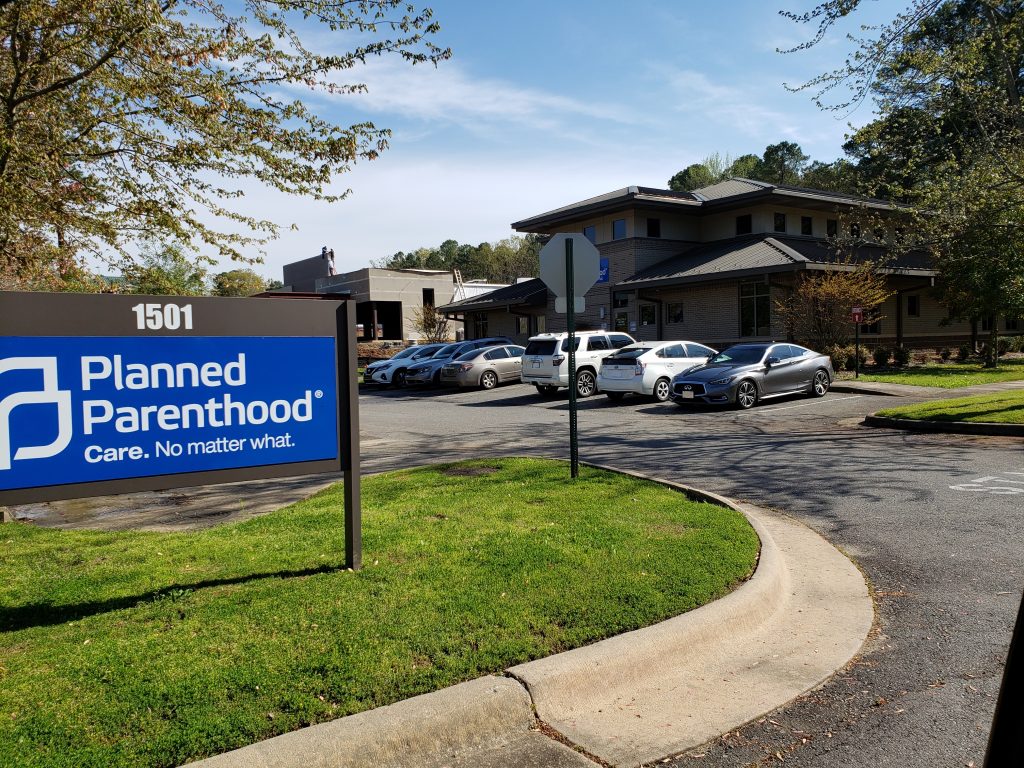Women Came to Arkansas for Abortions During COVID Shutdowns, Documents Show
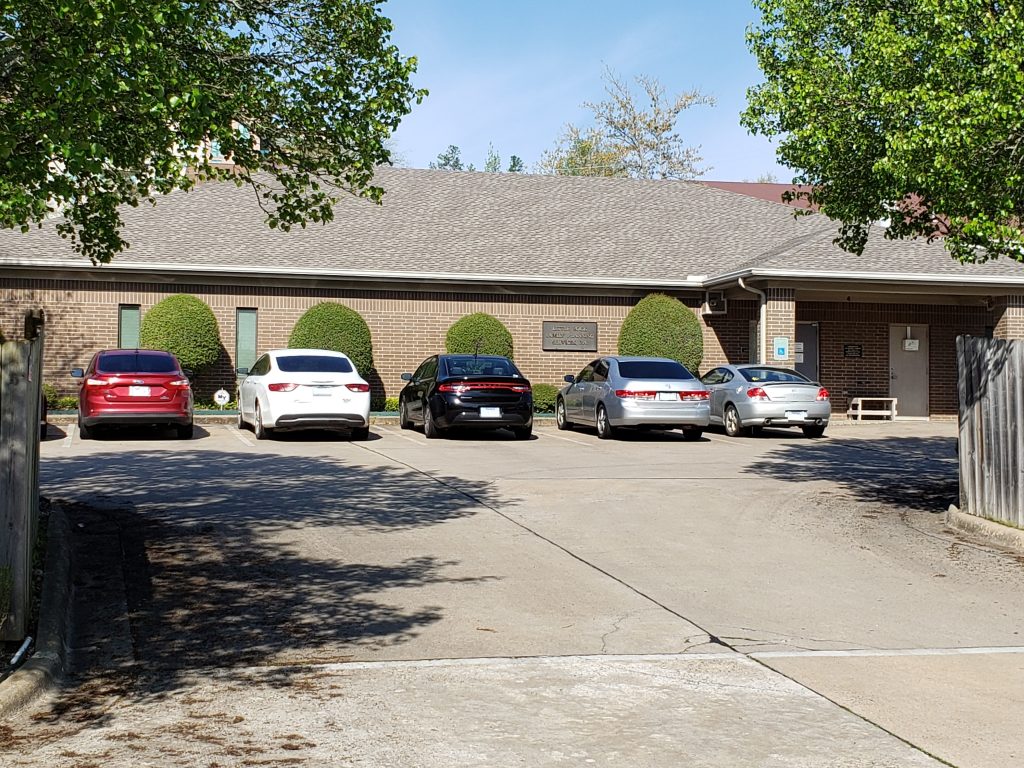
According to documents Family Council recently received from the Arkansas Department of Health, it’s possible that one-third or more of the women who had surgical abortions in Arkansas during the spring COVID-19 shutdowns were from out of state.
In April public health officials ordered Arkansas’ only surgical abortion facility to stop performing elective surgical abortions. The order came as part of the State’s efforts to slow the spread of COVID-19.
On April 7 inspectors from the Arkansas Department of Health visited the surgical abortion facility.
According to the inspection results, fifteen abortions were performed at the facility on April 7, and 14 more were scheduled for April 8.
The inspection documents show that out of these 29 abortions, ten were on women from the neighboring states of Texas, Tennessee, Mississippi, Oklahoma, and Louisiana.
Our team monitored Arkansas’ abortion facilities over the course of several days, and we observed numerous vehicles with out of state tags.
These inspection documents would seem to indicate that it’s possible as many as one-third or more of the surgical abortions performed in Arkansas during the COVID-19 shutdowns earlier this spring were on women from out of state.
Since the year 2000, only 15% of all abortions performed in Arkansas have been on women from out of state, and the past couple of years women from out of state have accounted for only 10% – 12% of all abortions performed in Arkansas.
In light of that, it’s safe to say these documents from the Arkansas Department of Health lay to rest any doubt that women traveled to Arkansas for abortion after the COVID-19 outbreak started.

